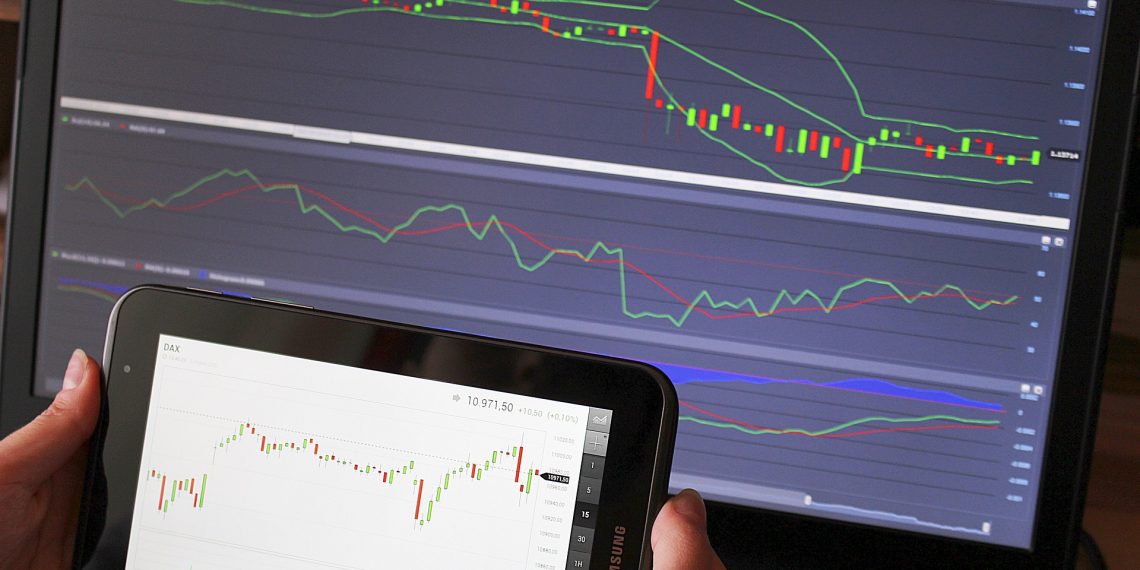In this article, we will explore the basics and strategies to help you get started on your forex trading journey. Forex trading, also known as foreign exchange trading, involves buying and selling currencies in the global marketplace.
With its immense liquidity, accessibility, and potential for profit, forex trading attracts traders from all backgrounds. Join us as we delve into the fundamentals of forex trading, including market dynamics, key concepts, trading strategies, and tips to elevate your trading acumen.
Understanding Forex Trading
Forex trading involves the buying and selling of currencies in the global foreign exchange market. The forex market is decentralized and operates 24 hours a day, five days a week, facilitating currency exchange transactions between individuals, financial institutions, corporations, and governments. Major currencies are traded in pairs, such as EUR/USD (Euro/US Dollar) or GBP/JPY (British Pound/Japanese Yen), and traders aim to profit from fluctuations in exchange rates.
Key Concepts in Forex Trading
- Currency Pairs: Currency pairs are the foundation of forex trading. Each pair represents the exchange rate between two currencies. The first currency in the pair is the base currency, and the second currency is the quote currency. Understanding currency pairs is crucial for analyzing price movements and making informed trading decisions.
- Bid and Ask Prices: In forex trading, the bid price represents the price at which traders can sell the base currency, while the ask price represents the price at which traders can buy the base currency. The difference between the bid and ask prices is known as the spread, which reflects transaction costs.
- Leverage and Margin: Forex trading often involves leverage, allowing traders to control larger positions with a smaller amount of capital. Leverage amplifies both potential profits and losses. Margin is the amount of capital required to open and maintain a leveraged position. It is essential to understand the risks associated with leverage and use it judiciously.
Forex Trading Strategies
- Technical Analysis: Technical analysis involves studying price charts, patterns, and indicators to identify potential trading opportunities. Traders analyze historical price data to make predictions about future price movements and execute trades based on their findings.
- Fundamental Analysis: Fundamental analysis focuses on evaluating economic, social, and political factors that can impact currency values. Traders monitor economic indicators, news releases, and central bank policies to identify trading opportunities based on fundamental factors.
- Risk Management: Effective risk management is vital in forex trading. Traders employ various techniques such as setting stop-loss orders, using proper position sizing, and diversifying their portfolios to manage risk. Adopting a disciplined approach to risk management helps protect trading capital and maintain long-term profitability.
Tips for Successful Forex Trading
- Education and Research: Invest time in learning about forex trading. Acquire a solid understanding of market dynamics, trading strategies, and risk management techniques. Stay updated on industry news, economic indicators, and geopolitical events that can impact currency markets.
- Demo Trading: Practice trading in a risk-free environment by using demo accounts provided by brokers. Demo trading allows you to familiarize yourself with trading platforms, test different strategies, and gain confidence before trading with real money.
- Start with a Trading Plan: Develop a trading plan that outlines your goals, risk tolerance, trading strategies, and money management rules. A trading plan helps you stay disciplined, avoid emotional decisions, and maintain a systematic approach to trading.
Forex trading offers a world of opportunities for traders seeking to profit from currency exchange fluctuations. By understanding the basics of forex trading, including key concepts and trading strategies, you can enter the market with confidence and precision.
Remember to conduct thorough research, educate yourself, and practice using demo accounts before trading with real money. Implement sound risk management techniques and develop a trading plan tailored to your goals and risk tolerance. Elevate your trading acumen, embrace the dynamic nature of the forex market, and embark on a journey towards financial mastery through forex trading.









